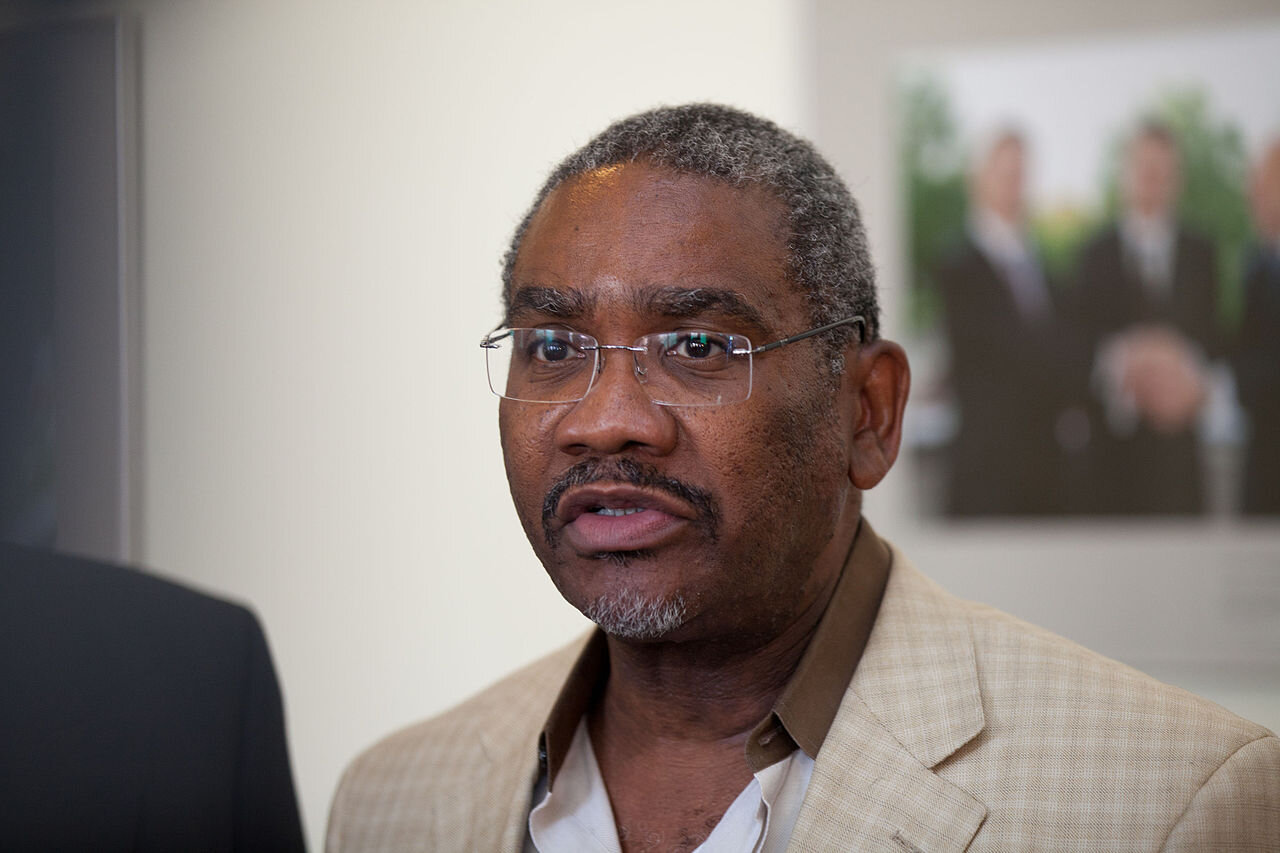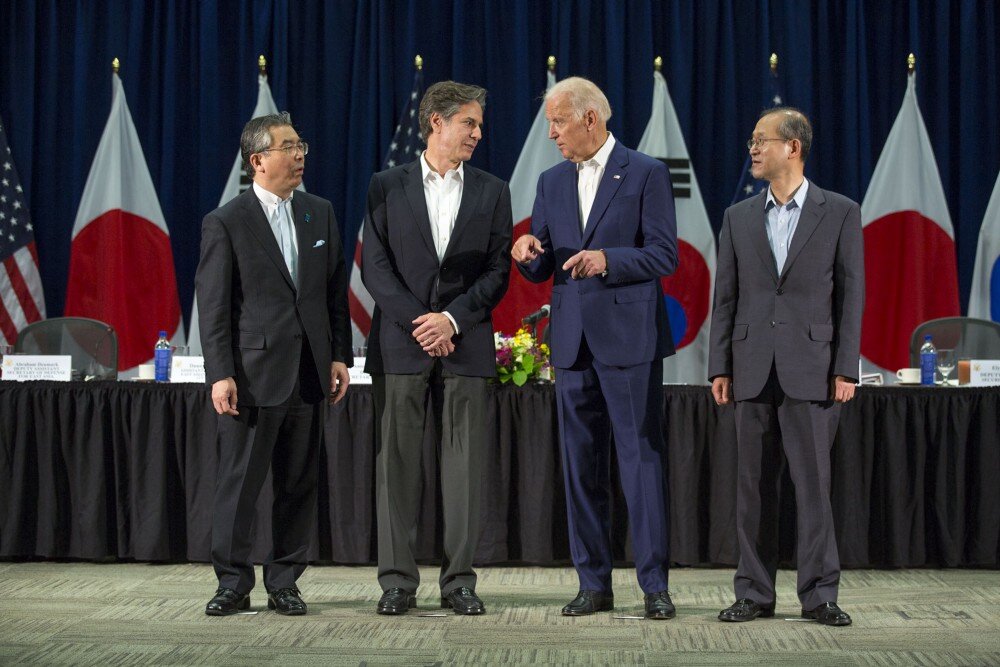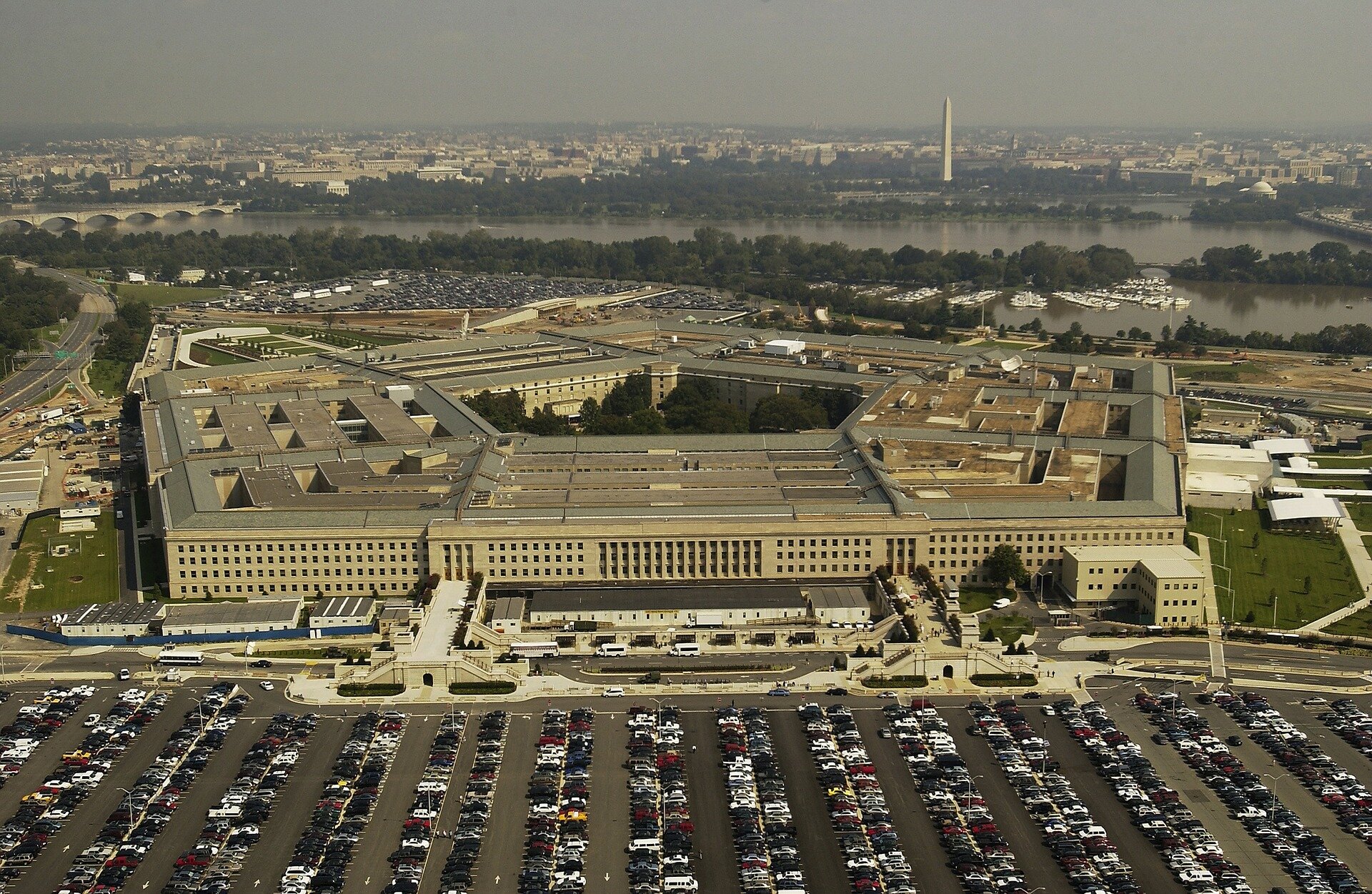TEHRAN, Iran. February 1st, 2021. As the days turn to weeks, Tehran’s back and forth regarding the Biden Administration’s return to the JCPOA, colloquially-known as the Iran nuclear deal, is going nowhere.
Both sides want the other to make the first move, with state officials constantly reiterating their adamant positions.
Biden and his Sec. of State Blinken, reiterate that Iran must make the first move by reversing the progressive uranium enrichment over the last year that has seen the Persians increase their stockpiled uranium from 3.6% to 20% — still 78% below weapons-grade levels.
Iran’s Foreign Ministry and its gregarious minister Zarif meanwhile, reiterated in an interview and statements that since it was the United States under Trump who broke the ratified treaty, it should be the Americans who reestablish their commitments by removing all economic sanctions.
As it was President Trump who unilaterally withdrew from the JCPOA, and reintroduced “crippling sanctions” on Iran without any stated objective, Iran referred to paragraph 36 of the JCPOA, which provides that:
“if the complaining participant deems the issue to constitute significant non-performance, then that participant could treat the unresolved issue as grounds to cease performing its commitments under this JCPOA in whole or in part and/or notify the UN Security Council that it believes the issue constitutes significant non-performance”.
PICTURED: Then-Vice President Joe Biden and now-Sec. of State Antony Blinken.
Who blinks first?
Blinken said in a press conference that Iran would need time to return to its commitments, before the U.S. would then “assess” if they had done so, suggesting that even if Iran reduced their uranium enrichment program, a State Department “assessment” would be required before the United States removes sanctions and returns to the deal.
The negotiations seem stalled for no legitimate reason other than regional power politics. Zarif, in an interview with CNN, explained that there is a mechanism to bilaterally reestablish commitments with each side coincidingly with each other.
“There can be a mechanism to basically either synchronize it or coordinate what can be done,” Zarif said. He noted that the JCPOA created a Joint Commission in Europe to resolve these disputes. The Joint Commission could then “sort of choreograph the actions that are needed to be taken by the United States and the actions that are needed to be taken by Iran”.
While this seems perfectly reasonable, the world is far different now than it was in 2015. The United States and her allies have waged a genocidal war in Yemen, while Israeli and American special forces have assassinated Iranian citizens like Maj. General Qassim Soleimani and Iranian nuclear scientist Mohsen Fahkrizadeh.
Tehran thought they could reason with the U.S. in 2015, when only one year later, having continued their commitments, their economy was burned down with former-President Trump’s “maximum pressure” campaign, and were forced to watch as Israel annexed the Golan Heights and established Jerusalem as the capital.
History has taught the Iranians that unless Tehran has significant leverage, attempting to deal with the United States is a non-starter, which Foreign Ministry spokesman Saeed Khatibzadeh noted in a press conference in Tehran on Monday. “[The American] cannot return to the nuclear accord with one signature in the way that they left with one,” he said.
Not nukes, but Yemen
While nukes seemed to be the topic of negotiations in 2015, now it seems to revolve around the War in Yemen, the center of all references to Iran’s “regional destabilization,” or “sponsorship of terrorism”.
If Biden’s top foreign policy goal was indeed to get Iran back in the nuclear agreement, Tehran is saying that all sanctions should be unconditionally lifted, which could be done with a phone call and reapplied with equal speed should the intensely-surveilled Iran breach their commitments.
The State Department is not taking this route, and that asks questions.
The new U.S. National Security Advisor, Jake Sullivan, noted that Iran’s agreements made in 2015 did not include anything related to regional activities.
“Their recklessness and sponsorship of terrorism in the region has not abated and in some areas has accelerated as well,” said Sullivan, at an event for the US Institute of Peace on Friday, adding that their ballistic missile capability has “advanced dramatically”.
Zarif said in his interview with CNN something similar.
“Is the United States prepared to stop selling weapons to our region? If it wants to talk about our defense, we spend a 7th of Saudi Arabia on defense, with two-and-a-half times its population. Is the United States prepared to stop the massacre of children in Yemen if it wants to talk about the situation in Yemen?” he said.
“The United States were not prepared to discuss these issues when we discussed the nuclear deal, that’s why we agreed to limit the deal, and we paid the price,” he added, noting the UN arms embargo.
Indeed, multiple arms sales to the UAE and Saudi Arabia were confirmed to contain weapons and munitions used in Yemen, where coalition forces routinely target civilians and civilian infrastructure.
“The United States has to accept what we agreed upon,” Zarif said. “We decided not to agree on certain things, not because we neglected them, but because the United States and its allies were not prepared to do what was necessary”.
If the United States is prepared to do what is necessary, as Zarif says, it would be snubbing the Saudis both in terms of letting Iran back into the global oil market, as well as defunding the War in Yemen, which coincidentally the Biden Administration also said it wants to do, but hasn’t.
Continue exploring this topic — Biden’s Iran Policy Could be Diplomatic Even While Facing Opposition from Democrats in Congress
Continue exploring this topic — United Nations Appeals for Removal of Yemen Government From Trump’s Terror Designations




